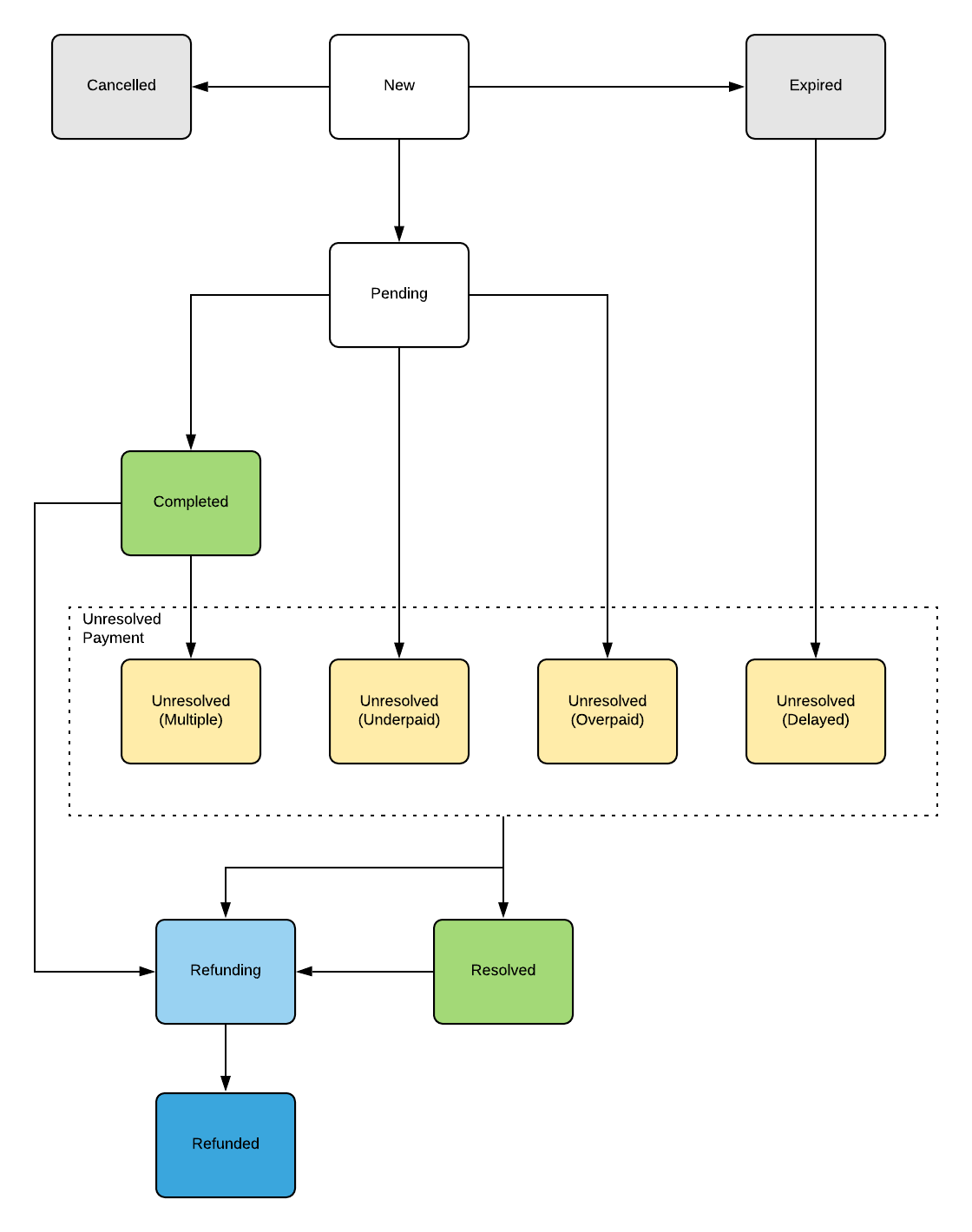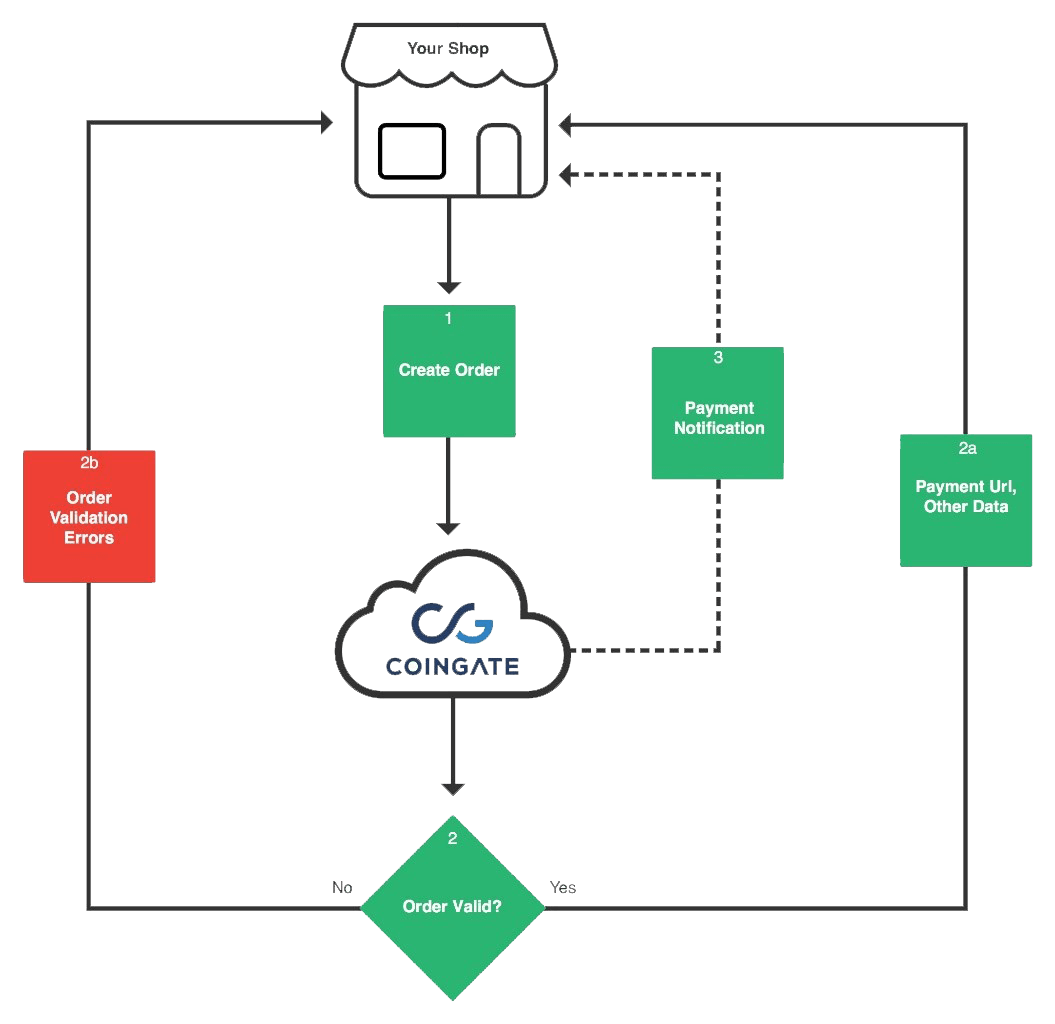Integration of Cryptocurrency and Crypto Payments in commercetools
Written by Manpreet Kaur
Content WriterPresent-day, almost every business is embracing digital currencies. In the beginning, the early adopters were the only ones who endorsed the mainstream adoption of cryptocurrencies. Today companies across different industries are willing to leverage crypto payments that bring many opportunities and benefits. Some main advantages of enabling crypto payments are strong privacy, enhanced transaction speed, reduced commissions, and no third-party intervention.
The integration of virtual currencies allows businesses to drive more customers, improve user engagement, and increase conversions. The business owners must choose a specialized crypto payment gateway system. A crypto payment gateway allows users to make transactions using crypto assets, ensuring high security and confidentiality. This blog discusses the different ways to integrate crypto payments with your commercetools project.
What is a Bitcoin?
A Bitcoin is a decentralized virtual token transferred on the peer-to-peer bitcoin network. All the Bitcoin transactions are recorded in the blockchain ledger in a distributed manner. Therefore, it is essential to have a payment gateway that accepts Bitcoin in your digital storefront. Now let’s learn how to integrate the Coinbase Commerce API. The Coinbase Commerce API powers the integration of digital currencies into your webstore.
Next, install the AWS lambda (or the cloud service of your choice) behind the API gateway. Set up the services to push the Bitcoin wallet payments to the retailer account. When a customer tries to pay with Bitcoin, a charge is created. When a crypto payment is complete, a transaction is generated, which is further transferred to the cryptocurrency network for approval. The Coinbase Commerce API creates charges dynamically and returns the charge object with the payment address for every currency and page URL where the user can complete the transaction. In addition, Coinbase traces the network addresses to locate any inbound payments when the Commerce API creates the charge.
Payment status is associated with every charge. When the transaction is found, the payment status changes to Pending and isn’t verified by the blockchain network. Once confirmed, the status changes to Completed. The cryptocurrencies are dependent on the customer who sends the payment. Coinbase defines an expiration time of 1 hour for the charge following its creation. The charge expires if the customer doesn’t make payment within the specified time limit. The payment details are updated in the Coinbase dashboard. If you want the complete payment information, execute the charge code returned when the charge was created.
curl https://api.commerce.coinbase.com/charges/4E8UCQWO \ -H "X-CC-Version: 2019-02-22"
commercetools allows you to record the payment charge state with the help of payment fields:
- PaymentMethodInfo – PaymentMethodInfo
- PaymentStatus – PaymentStatus
It is important to verify the Coinbase resolved payment state at the backend before changing the status of the commercetools payment object. Once done, the commercetools cart is converted to an order. Use Webhooks to subscribe charge events.

BitPay Payment Provider
Go to the BitPay Node.js library and follow the below steps.

Manual Implementation
The commercetools developers can also develop their custom manual implementations. They can also use the existing bitcoin backend libraries to execute crypto payments.
Bitcoin-Receive-Payments
This enables the service to receive Bitcoin payments from the Bitcoin P2P network. The payment notifications are accepted live in about four seconds. Every payment is assigned a unique Bitcoin address and is transferred to the same wallet with the help of a Deterministic Wallet (a system that derives keys from a seed) public key. It is possible to develop Bitcoin API with the help of Node.js and Bitcoin core. Another way is to use Bitcore JavaScript Library that offers an API for JavaScript apps.
CoinGate
CoinGate is a crypto payment gateway that enables businesses to accept online payments through cryptocurrencies such as Bitcoin, Ethereum, and Litecoin. It offers a convenient and customer-oriented payment infrastructure that fulfills the needs of retailers and buyers.
The CoinGate API supports the integration of CoinGate with commercetools. CoinGate manages the complete payment flow, enabling businesses to conduct transactions safely and record payment history and payouts.


To configure the CoinGate API, create the Merchant API credentials from the CoinGate account. Here you can specify the payout details depending on the preferred payment options to complete transactions. You can also test the API integration in the Sandbox environment or live mode. You can either choose to integrate Bitcoin payments with a third-party API or implement them manually in your commercetools webstore. It helps overcome the limitations of traditional payment flows, facilitating fast and secure payments.
Royal Cyber helps integrate crypto payment gateways to your existing web storefronts. We analyze your business-specific needs including the budget, supported currencies, wallets, functionality, and commissions. Contact us to know more about our crypto payment services.






